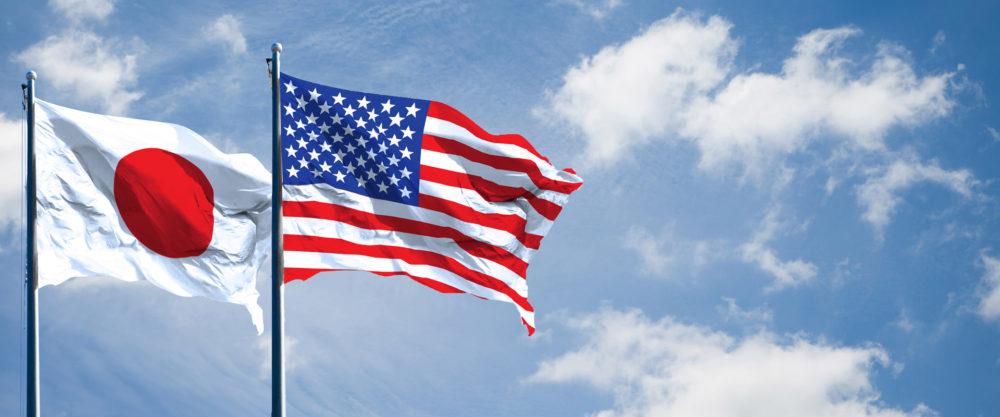Cultural Pressure Between the United States & Japan
Cultural pressure between the United States and Japan has been a significant aspect of their bilateral relationship, shaped by historical, economic, and social factors.

Both countries have rich cultural traditions and global influence, which often lead to exchanges and influences on each other’s societies.
Historical Context:
The history between the United States and Japan has had a profound impact on their cultural interactions. After World War II, Japan underwent significant social and cultural changes under the influence of American occupation.
This period saw the introduction of Western values, consumer culture, and entertainment, shaping Japan’s post-war identity.
Pop Culture Exchange:
The exchange of pop culture has been a prominent aspect of cultural pressure between the two nations. American music, movies, and television shows have become widely popular in Japan, while Japanese anime, manga, and video games have gained immense popularity among American audiences.
This exchange has led to a mutual fascination with each other’s cultural products.
Fashion and Trends:
Fashion and trends also play a role in cultural pressure. American fashion styles and brands are widely embraced in Japan, also Japanese street fashion trends have influenced style enthusiasts in the United States. This cross-cultural influence is often driven by social media and international fashion events.
Language and Communication:
The English language has a significant impact on Japan due to its global importance as a business and communication tool. Many Japanese people study English to enhance their career prospects and engage with the international community.
Japanese language and cultural programs are popular in the U.S. due to growing interest in Japanese culture and business.
Food and Cuisine:
Cultural pressure is evident in the culinary world as well. American fast-food chains, such as McDonald’s and Starbucks, have become ubiquitous in Japan, while Japanese cuisine. Sushi and ramen, have gained popularity across the United States.
Socioeconomic Influence:
The economic and geopolitical influence of both nations also contributes to cultural pressure. Japan’s economic success also technological advancements influence global trends. The U.S. cultural and economic power shapes the global reception of its products.
Preserving Cultural Identity:
Amid the cultural pressure, both countries also strive to preserve their unique cultural identities. Japan places a strong emphasis on maintaining its traditional customs and values. While the United States celebrates its diverse cultural heritage and promotes cultural exchange.
Conclusion
Cultural pressure between the United States and Japan is multifaceted. Shaped by historical ties, pop culture, fashion, language, cuisine, also economic influence. While both nations exchange and influence each other’s cultural practices, they also work to preserve their distinct identities.
The cultural interaction between the United States and Japan enriches their relationship, fosters understanding, and promotes global exchange. 카지노사이트
